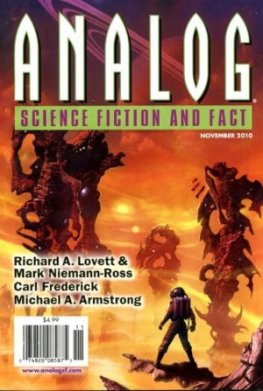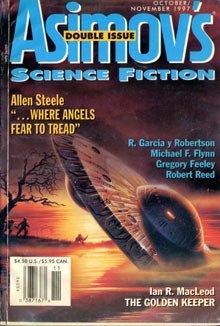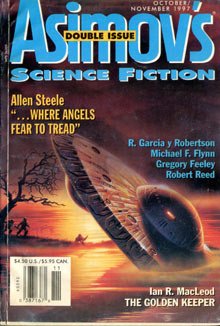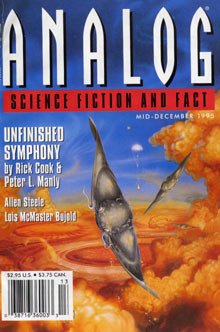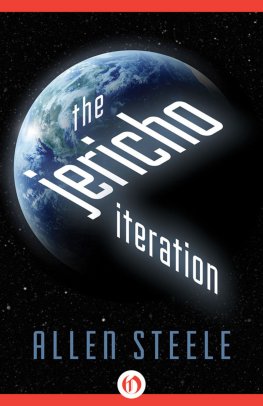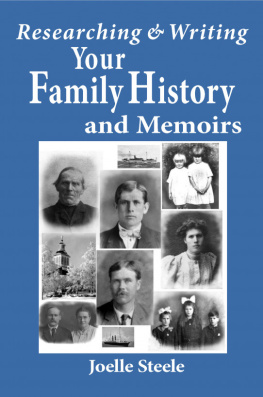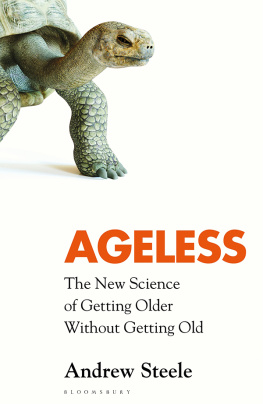A POLITICAL BIOGRAPHY OF RICHARD STEELE
EIGHTEENTH-CENTURY POLITICAL BIOGRAPHIES
Series Editor: J. A. Downie
TITLES IN THIS SERIES
1 Daniel Defoe
P. N. Furbank & W. R. Owens
2 Jonathan Swift
David Oakleaf
3 Delarivier Manley
Rachel Carnell
4 Henry Fielding
J. A. Downie
FORTHCOMING TITLES
Alexander Pope
Pat Rogers
Eliza Haywood
Kathryn King
John Arbuthnot
Angus Ross
John Toland
Michael Brown
William King
Christopher Fauske
A POLITICAL BIOGRAPHY OF RICHARD STEELE
BY
Charles A. Knight
First published 2009 by Pickering & Chatto (Publishers) Limited
Published 2016 by Routledge
2 Park Square, Milton Park, Abingdon, Oxon OX14 4RN
711 Third Avenue, New York, NY 10017, USA
Routledge is an imprint of the Taylor & Francis Group, an informa business
Taylor & Francis 2009
Charles A. Knight 2009
All rights reserved, including those of translation into foreign languages. No part of this book may be reprinted or reproduced or utilised in any form or by any electronic, mechanical, or other means, now known or hereafter invented, including photocopying and recording, or in any information storage or retrieval system, without permission in writing from the publishers.
Notice:
Product or corporate names may be trademarks or registered trademarks, and are used only for identification and explanation without intent to infringe.
BRITISH LIBRARY CATALOGUING IN PUBLICATION DATA
Knight, Charles.
A political biography of Richard Steele. (Eighteenth-century political biographies) 1. Steele, Richard, Sir, 16721729 Political and social views. 2. Politicians Great Britain Biography. 3. Journalists Great Britain Biography. 4. Great Britain History Anne, 17021714 Biography. 5. Great Britain History George I, 17141727 Biography.
I. Title II. Series
941.071092dc22
ISBN-13: 978-1-85196-913-5 (hbk)
Typeset by Pickering & Chatto (Publishers) Limited
CONTENTS
For Chris, Nathaniel, Jenny and Lucy
Any literary and historical biography such as this rests on a large body of previous work, and I hope I have made my debts to that work sufficiently clear in my annotation. But two scholars need to be singled out. Alan Downie invited me to write this book, and writing it has entertained me through several years of retirement. But his own work on the connections between literature and political history in the early eighteenth-century has been both a model and a source of considerable information. Calhoun Winton has been a much more specific source. I have turned repeatedly both to his two-volume biography of Steele and to his doctoral dissertation on Steele as a political writer. Although I have not discussed the present project with him, his general encouragement of my work on Addison and Steele has been most helpful. When I was planning my annotated bibliography of Addison and Steele, I told him I was beginning after Steeles death so as to avoid the mass of controversial material published during his lifetime. Winton expressed mild disappointment that I was not looking at the earlier work, but I insisted that doing so would involve a different project entirely. At least the Steele part of that project (by far the larger one, given Addisons shyness about public fights) is represented by this book, where I have tried to see Steeles politics in the context of a multi-voiced political dialogue.
One of the pleasures of living in eastern Massachusetts is the access it allows to truly wonderful collections of eighteenth-century materials. Most of the work for this study was done at the Houghton and Widener Libraries at Harvard, but I have also used the Boston Public Library, the Boston Athenaeum, and the libraries of the Boston Library Consortium, especially Boston College and Boston University. Outside of Boston, I have profited from the resources of the British Library, the New York Public Library, the Library of Congress, and the Folger Shakespeare Library. Librarians seem to be genetically polite and resourceful, and I am most grateful for their help. Online research has been a further help, and I am particularly grateful to the Spectator Project, to Eighteenth-Century Collections Online, to the English Short Title Catalog, and to the 18th Century Interdisciplinary Discussion List.
A scholar whose children have long since left home need not negotiate the different demands of research and parenting, but I can testify to the success of those negotiations by dedicating this book to two sons and two daughters. My wife Kathy has been left to put up with my long days at the library and at my computer. More important, her commitment to the politics of the present has freed me to spend as much time as I have on the politics of the past. Roscoe, my Siberian Husky, has led me on long and frequent walks during which I have been able to work out writing problems. He knows no more about eighteenth-century politics than most, but although I have not thought of him as an audience for this book, I have tried to explain political contexts as best I can.
A political biography of an author, as I think of it, overlaps considerably with both literary biography and personal biography, but it differs from both. Its defining characteristic seems to me its concern for the ways in which a particular author with a distinct personality uses writing as a way of understanding and influencing the political history of his time. A political biography will not be blind to its subjects love-life, marriage, children, friendships and places of residence, but, however much they serve to define the subject as a person, they will not be matters of major concern. But political ideas, influences, contacts, friendships and specific activities will be primary. While other biographies are characteristically tied to chronology, sometimes at the expense of narrative coherence, a political biography can be thematic, tracing the development of particular ideas and topics, elucidated historical contexts, and listening to active dialogues. This is the kind of limited biography I have tried to write here without seriously distorting Richard Steele in the process, either by neglecting his evident personality or by exaggerating his political originality. Steele was the subject of major biographies in the nineteenth and twentieth centuries. George Aitkens two-volume Life of Richard Steele is particularly useful in the documentary evidence it supplies and in the detail with which it looks at Steeles personal life and political contacts. I think of the present study as a supplement to Wintons work that places Steele within the political discourse of his very political age.
Steele is a particularly appropriate subject for this approach. Known primarily as a sentimental dramatist and as half of the essay-writing team of Addison and Steele, he participated in the political world in a number of ways as soldier, as Gazetteer, as dramatist, as essayist, as party propagandist, as Member of Parliament, and as writer on economics. He was expelled from Parliament in 1713 for seditious libel but, a year later, was knighted for the same propaganda. He came at a time when authorship was just developing as a profession and when the newly formed party system was not only dominating elections but also determining the composition of the ministry. Unlike Matthew Prior, whose roles as diplomat and poet were largely distinct, Steele combined his functions as author and as politician. Unlike Swift, who in 171014 advised behind the scenes and did not sign his political writings, Steele developed and projected a public persona as a political author. Over the years of his political activity this combination shifted from outright hackery to complex and principled consideration of constitutional issues. He saw a continuum from moral behaviour to political action, and he used his authority as a moral writer, an authority manifested in the highly popular


